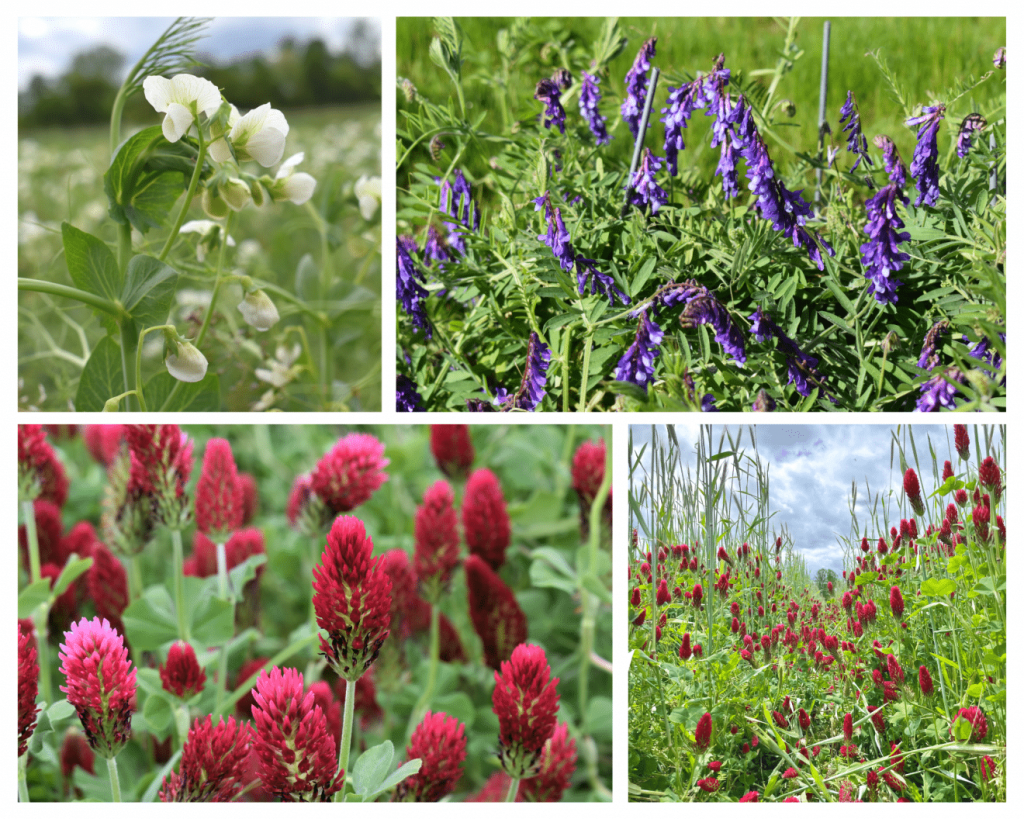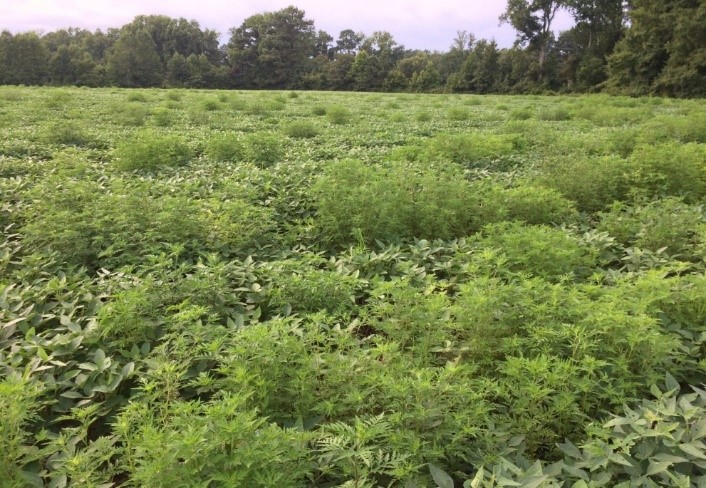A series of half-day workshops will be held in Maryland, Delaware and Virginia this winter for farmers interested in learning about the problems of herbicide resistant weeds and how to manage them. Hosted by University of Maryland Extension in collaboration with Virginia Tech and University of Delaware, these workshops are designed to equip farmers with the knowledge to improve weed control on their farms.
Farmers in the mid-Atlantic area are starting to see the impact of herbicide resistant weeds on their crop yields. With many problematic weeds now found throughout the region it is essential that farmers learn the key management strategies to control these weeds.
Sessions will cover integrated weed management tactics; palmer amaranth, common ragweed and marestail control strategies; and developing a weed management plan. There is no charge to attend and lunch will be provided. Pesticide (commercial and private) and CCA continuing education credits will be offered.
Workshop locations and times are listed below. Please RSVP to the respective meeting location to provide an accurate meal count.
February 25th (12 pm to 5 pm) Old Beale Sanctuary, 369 Queen Street,Tappahannock, VA 22560
To register call the Essex County Extension Office: at (804) 443-3551
February 26th (8 am to 1 pm) St. Mary’s County UME Office, 26737 Radio Station Way, Leonardtown, MD 20650. To register call the St. Mary’s County UME Office at 301-475- 4484
March 4th (8 am to 1 pm) Harrington Volunteer Fire Company, 20 Clark St, Harrington, DE 19952. To register call the UD Carvel REC, at 302-856-2585 (ext 540)
March 5th (8 am to 1 pm) Somerset Extension Office, 30730 Park Drive, Princess Anne, MD 21853. To register call the Somerset County Extension Office at 410- 651-1350
March 6th (8 am to 1 pm) Frederick County UME Office, 330 Montevue Lane, Frederick, MD 20712. To register, call the Frederick County UME Office at 301-600- 3576
March 7th (8 am to 1 pm) Chestertown Volunteer Fire Company, 211 Maple Ave, Chestertown, MD 21620. To register call the Kent County UME Office at 410-778- 1661
For more information contact Ben Beale at 301-475-4481, Michael Flessner at 540-315-2954, Matt Morris at 301-600-3578 or Mark VanGessel at 302-856-7303.





